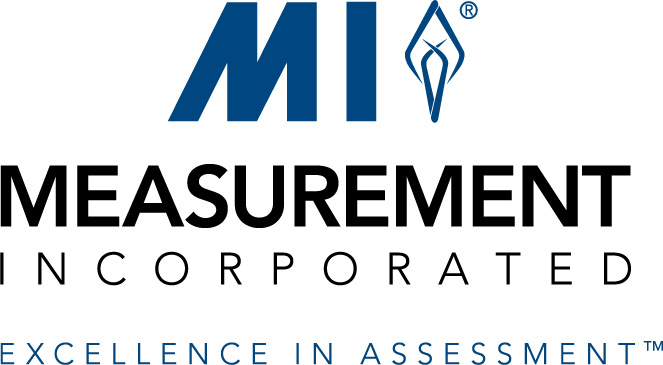ITEMS Portal
Module 03: Reliability of Scores From Teacher-Made Tests
Product not yet rated
-
Register
- Learner - Free!
Reliability is the property of a set of test scores that indicates the amount of measurement error associated with the scores. Teachers need to know about reliability so that they can use test scores to make appropriate decisions about their students. The level of consistency of a set of scores can be estimated by using the methods of internal analysis to compute a reliability coefficient. This coefficient, which can range between 0.0 and +1.0, usually has values around 0.50 for teacher-made tests and around 0.90 for commercially prepared standardized tests. Its magnitude can be affected by such factors as test length, test-item difficulty and discrimination, time limits, and certain characteristics of the group-extent of their testwiseness, level of student motivation, and homogeneity in the ability measured by the test.
Keywords: homogeneity, internal analysis, motivation, reliability, reliability coefficient, standardized testing, test scores

















